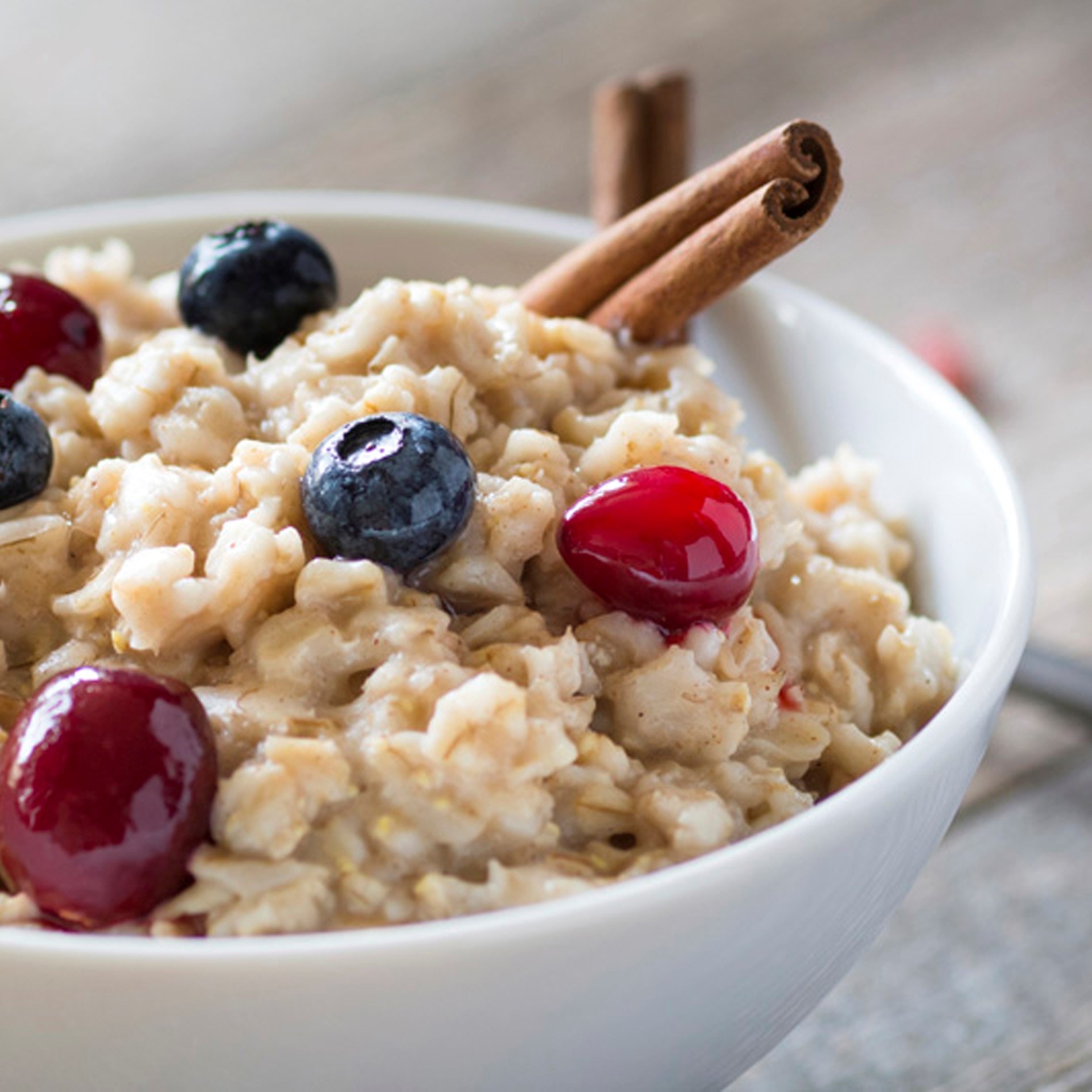Probiotics Aid Vit. D Absorption
Research1 suggests that the daily supplementation of a probiotic may boost vitamin D levels circulating in the blood by 25%. Vitamin D, known as the 'sunshine' vitamin, has some very important actions in the body including:
- Helping with the absorption of calcium and phosphate, which keep bones and teeth healthy.
- Helping to support and regulate immune function
- Helping to support the health of the brain and nervous system
A deficiency of vitamin D can cause rickets and other musculoskeletal diseases, but vitamin D deficiency has been linked to some forms of cancer2, autoimmune and infectious diseases, type 2 diabetes3, and cardiovascular disease4. This research has shown a positive correlation to public awareness of the health benefits of vitamin D, as vitamin D is one of the most popular food supplements.

A study, published in The Journal of Clinical Endocrinology & Metabolism, was the first of its kind to show a link between the supplementation of a probiotic and levels of vitamin D. The study's lead author, Dr Mitchell Jones, commented:
"Although it has long been known that the gastrointestinal tract plays an active role in the absorption of vitamin D, these findings showing improved vitamin D status in response to an orally delivered probiotic are a first, and will inform the development of new products that may be beneficial for people with low vitamin D levels.
"The double-blind, placebo-controlled, randomised, parallel-arm, multi-centre trial involved 127 adult participants, who were randomly assigned to either a placebo or the L. reuteri NCIMB 30242 probiotic strain for nine weeks. The results showed that the probiotic group showed significantly higher levels of vitamin D in the blood stream.
"Researchers also surmised that if the probiotic strain was administered alongside a vitamin D supplement, they would see even greater increases in absorption levels. The researchers concluded, "In short, we believe it is possible that more vitamin D is being absorbed."

Further evidence of the synergy between vitamin D and probiotics has since emerged, and a later review6 of related research to date showed optimism for the use of probiotics and vitamin combinations:
"A combined supplementation with vitamin D and probiotics seems to play a role on the physiological and psychological attributes of the human body, and represents a novel insight in the management of chronic diseases. The findings of this systematic review suggest a superiority of vitamin D and probiotics supplementation over placebo, vitamin D or probiotics alone, and propose a dose-dependent effect."
Read other related articles:
Vitamin D and your baby's microbiome
Probiotics may combat antibiotic-resistant pathogens
References
- Jones, M. et al (2013) Oral supplementation with probiotic L. reuteri NCIMB 30242 increases mean circulating 25-hydroxyvitamin D: a post-hoc analysis of a randomized controlled trial. Journal of Clinical Endocrinology & Metabolism. Published online ahead of print.
- Edlich R, Mason SS, Chase ME, Fisher AL, Gubler K, Long WB 3rd, Giesy JD, Foley ML. Scientific documentation of the relationship of vitamin D deficiency and the development of cancer. J Environ Pathol Toxicol Oncol. 2009;28(2):133-41. doi: 10.1615/jenvironpatholtoxicoloncol.v28.i2.50. PMID: 19817700.
- Yang, C. Y., Leung, P. S., Adamopoulos, I. E., & Gershwin, M. E. (2013). The implication of vitamin D and autoimmunity: a comprehensive review. Clinical reviews in allergy & immunology, 45(2), 217–226. https://doi.org/10.1007/s12016-013-8361-3
- Berridge MJ. Vitamin D deficiency and diabetes. Biochem J. 2017 Mar 24;474(8):1321-1332. doi: 10.1042/BCJ20170042. PMID: 28341729.
- Judd, S. E., & Tangpricha, V. (2009). Vitamin D deficiency and risk for cardiovascular disease. The American journal of the medical sciences, 338(1), 40–44. https://doi.org/10.1097/MAJ.0b013e3181aaee91
- Abboud M, Rizk R, AlAnouti F, Papandreou D, Haidar S, Mahboub N. The Health Effects of Vitamin D and Probiotic Co-Supplementation: A Systematic Review of Randomized Controlled Trials. Nutrients. 2020 Dec 30;13(1):111. doi: 10.3390/nu13010111. PMID: 33396898; PMCID: PMC7824176.
Popular Articles
View all General Health articles-
General Health31 Oct 2023
-
General Health06 Nov 2023
-
General Health14 Nov 2023


